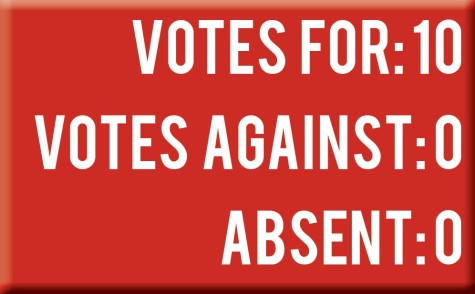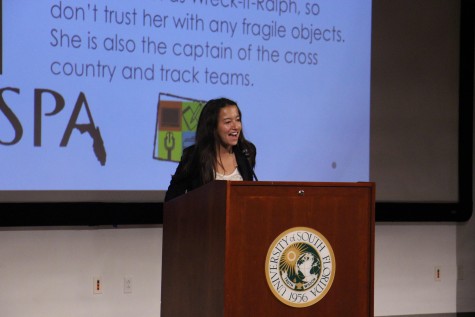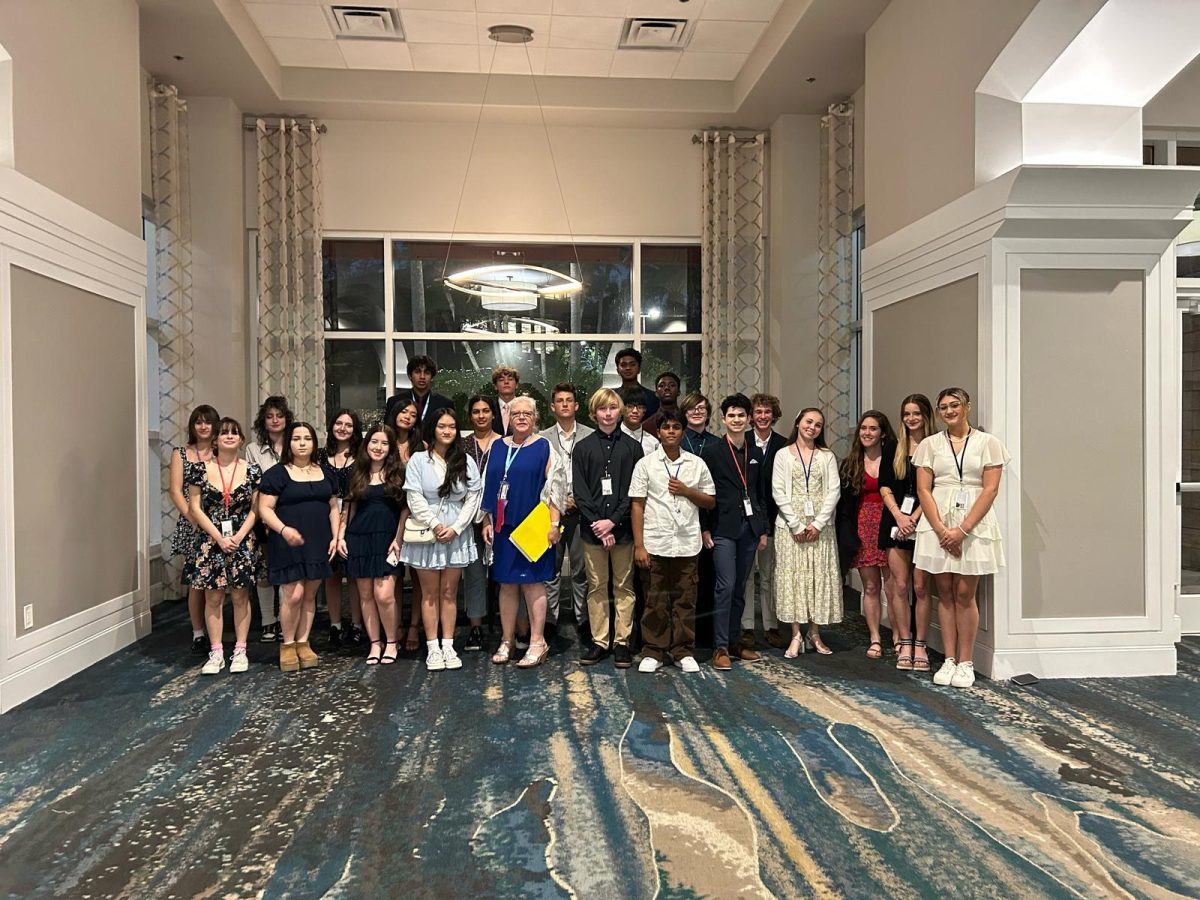Editorial: False Alarms Make Fire Drills Problematic
April 13, 2015
A fter the fire drill today in seventh period, it is obvious that the current fire drill system has flaws. The time it took for the school to be evacuated into the bleachers was problematic.
fter the fire drill today in seventh period, it is obvious that the current fire drill system has flaws. The time it took for the school to be evacuated into the bleachers was problematic.
At first, students did not even clear the building due to false fire alarms in the past. Principal Johnny Bush had to come on the intercom twice to remind students to evacuate.
The staff feels the student’s slow response is a serious safety concern that needs to be addressed by the administration. Due to the fire alarms in the past that have been fake, some teachers and students do not react when first hearing the alarm. Instead, they wait for an announcement from the administration, usually telling people to go back to class.
But that is not what is supposed to happen. We understand fire drills are disruptive, and that teachers would not want to interrupt their valuable class time for no reason.
However, when teachers and students fail to react when first hearing a fire alarm, it takes longer to clear the building. Today, this was more of an annoyance than anything else, but in the case of a real fire, that wasted time could mean the difference between life and death.
Yes, school fires, especially major school fires, are relatively rare, but that does not mean we should forget about them. According to the National Fire Protection Association, between 2007 and 2011 there were an average of 5,690 structural fires to educational properties a year. Real fires at school do happen, and students and faculty need to be prepared on how to act in a real emergency.
The staff understands the administration cannot prevent students from pulling fire alarms, but they can make clear to all students the consequences of pulling a fire alarm when there is no fire.
In addition, the administration can reiterate to teachers the importance of teaching their students how to evacuate classrooms quickly and efficiently, and that all fire alarms should be treated as real unless otherwise notified.
Yes, this may mean occasional interruptions of teaching time due to false alarms, however, the safety of the students and staff is more important than a few missed minutes of class.











